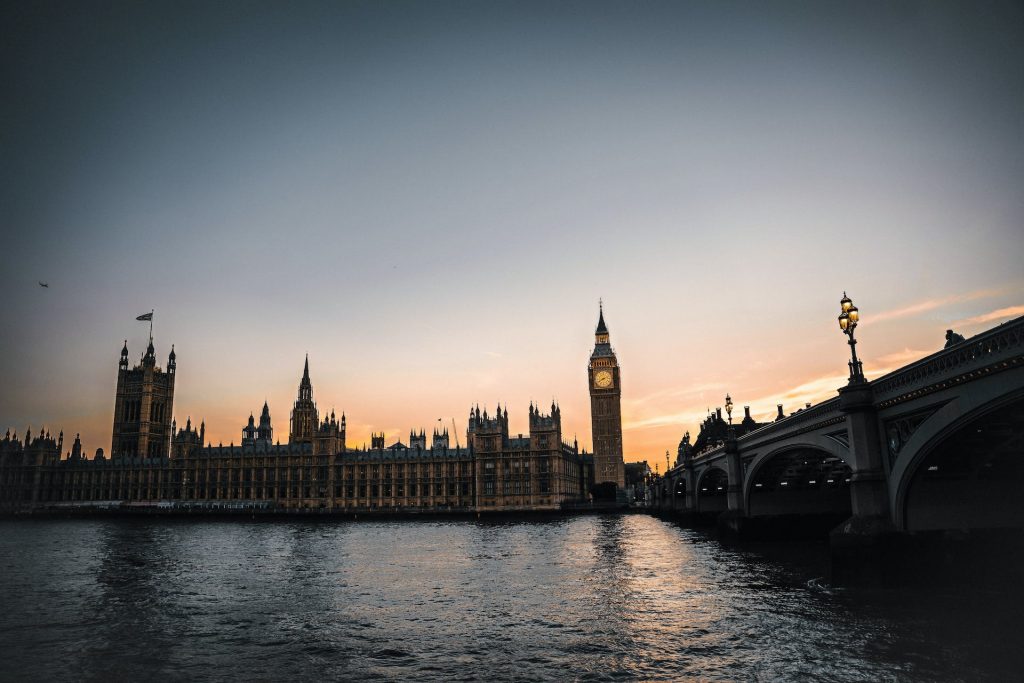It has felt like anything could happen to the water industry and by extension business water rates, but a new independent review suggests that the water industry could be facing some of the biggest and most all-encompassing changes since the 1980s.
The independent review of the sector, the largest since the water industry was privatised in 1989, has been described as a “root and branch” exploration into what has gone wrong with the water sector over the past decade in particular and what options are available to fix it.
The report, expected in 2025, will recommend ways to address the industry’s systemic issues, ensure that high-quality water is supplied to business customers, and help improve the abysmal environmental record of many of the holders of this natural monopoly.
Whilst it is impossible to look into every single potential point until the review has been published, here are some of the main areas that could change and their effects on water bills.
Nonprofit Or Nationalisation?
The review is not expected to explore the viability of renationalising the water sector and bringing the various water regions back into public control, but one potential option is removing the ability of water companies to make profits.
This is already the case with Welsh Water, the only water company outside of England to have been privatised and has been run as a nonprofit company for public benefit since 2000.
Whilst salaries can be substantial, the main point is that surplus money is either reinvested or used to reduce bills rather than given to shareholders as dividends, which has reduced the company’s debts considerably.
In 2000, it had a debt-to-equity ratio of 93 per cent, something that has since dropped to 58 per cent, highlighting the financial benefits of such an approach, and a potential alternative to explicitly returning water companies to public hands.
This is something that has been publicly rejected as an approach that would take too long for people to see benefits. However, it is also an approach that cannot necessarily be ruled out, particularly if companies such as Thames Water actually collapse and end up under special administration regimes.
Ofwat And Water Bills
The second major potential change comes from regulation, and specifically the fate of Ofwat, the governing body in charge of water companies and the final arbiter that can set and approve prices.
Whilst much of the public’s anger has been pointed towards water companies, particularly those that have put themselves into serious problems such as Thames Water, Ofwat is trapped between a rock and a hard place when it comes to the best interests of the country and the best interests of the industry.
The constant bubbling tension between Ofwat and the water companies as represented by Water UK came to a flashpoint in July when the proposed allowed water bill increases were much lower than expected.
Whilst it has been suggested that further bill increases may be approved when the final amounts are suggested in December, there is discontent from both the industry and the general public with Ofwat, particularly as the suggested increases have been seen as rewarding failure or saddling customers with the price of fines.
The fact that it has even been suggested that Ofwat could be scrapped entirely is an exceptionally damning indictment of the poor record the regulator has with improving standards and damaging the trust between the water industry, businesses and residential customers.
The Environment Secretary, Steve Reed, has noted that he wants to prevent substantial bill increases, at odds with reports that bills could increase even more than the 21 per cent increase provisionally allowed.
This, alongside revelations that the self-monitoring approach allowed by the Environment Agency enabled water companies to allegedly pass pollution tests they never undertook, could put greater pressure on water regulation and encourage the creation of a more powerful authority with the potential to impose more stringent penalties.
A Question Of Failure
By definition, water companies are too big to fail, being natural monopolies that provide a vital utility to millions of people within a particular geographical location.
Whilst there are ways to help reduce bills with the help of auditors and switching companies, what comes out of the tap is the responsibility of just 11 companies, and the only way for a business to change that water company is to move.
This leads to questions regarding what happens if a company fails, particularly if it fails due to actions it undertakes based on the logic that it will not be allowed to simply go out of business.
Thames Water is on the brink of turning a hypothetical into a reality, requiring a liquidity bridge to make it to the end of 2024, let alone into 2025 where it could potentially run out of money.



